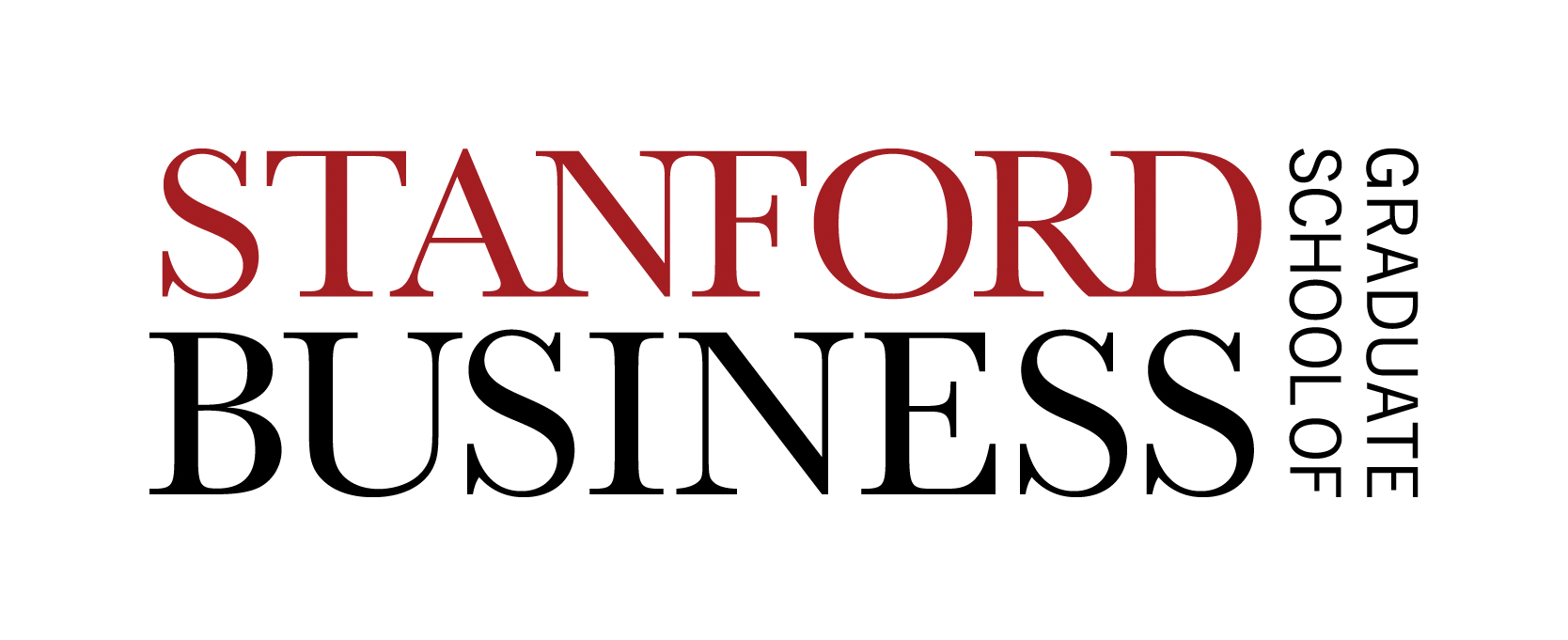Focused on Real-World Issues
Stanford EdLEADers’ curriculum was developed in response to the Graduate School of Education’s research on the specific and pressing needs of school system leaders, and builds upon the successful and established Graduate School of Business LEAD program’s curriculum.
Our innovative program offers learning opportunities and frameworks in six courses (three GSE and three GSB courses) to develop effective, strategic solutions to real-world challenges in areas including staffing, negotiations, programs, resources, and organizational management.

“This connection between the education house and the business house has been one of the more powerful opportunities in my professional learning.”
Assistant Superintendent | Barrington Public Schools
Curriculum Outcomes and Benefits
By the end of the program, participants will have learned to:
- use an improvement model for addressing challenges and opportunities in equity and excellence;
- understand how transformative professional development can be a key to instructional leadership;
- create a 100-day change plan; and
- employ new frameworks for collaborative negotiations, getting more out of your teams, and understanding your organization.
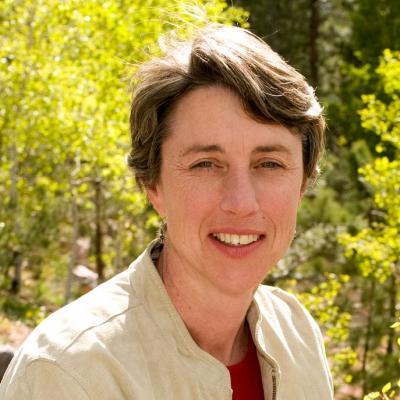
Stanford GSE
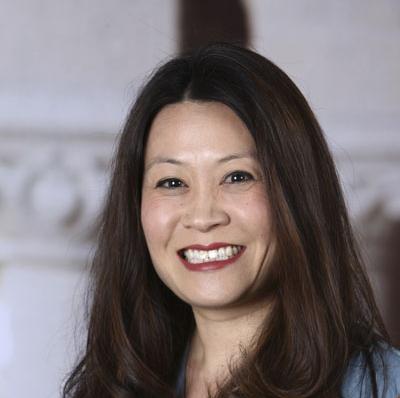
Stanford GSE
In this course designed for school district leaders, we will focus on the role of professional development in a district and how it can impact student achievement. This topic is important for district leaders because educational research has shown that many factors affect student achievement, but the one that is most within leaders' sphere of influence is the quality of teaching in the district.
Key Topics
- Creating culture of learning as a frame for teaching and learning improvement initiatives
- Leveraging key features of effective professional development
- Considering the role of Pedagogical Content Knowledge
- Understanding practice-based professional learning
- Enacting a cycle of learning for instructional improvement
- Incorporating coaching effectively
- Shifting from teacher professional development to teacher professional learning
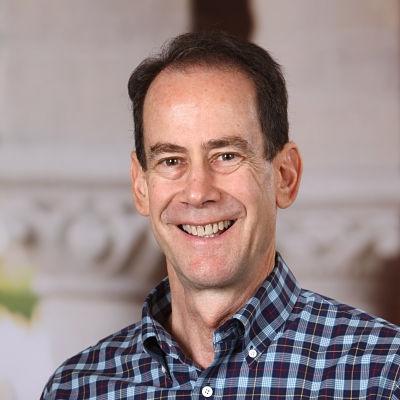
Stanford GSE
In this course, participants will consider equity, broadly, and in the context of a case about equity-related challenges in the Shaker Heights City School District located in suburban Cleveland, Ohio. Additionally, this course presents a toolkit that can be leveraged for school improvement initiatives, including ones that are equity-focused.
This course aims to provide program participants with new insights into various dimensions of equity in schools and a toolkit they might use to work on an initiative in their own school systems.
Key Topics
- Equity as an ongoing challenge for schools, school system leaders, and policymakers
- Organizational Learning as a frame for organizational improvement initiatives
- Gap Analysis as a tool for diagnosing a perceived problem
- Root Cause Analysis as a tool for a deeper diagnosis
- Action Planning that will address the aforementioned gaps and root causes

Stanford GSE
Leading positive change in your organization requires a thorough understanding of its dynamics, and knowing how to manage them.
This course helps education leaders better understand the many competing dimensions of their own organization so that they may more effectively leverage strengths, respond to conflicting demands, and realize potential. The course is designed to actively bridge theory and practice, exposing learners to big ideas as well as effective tools to navigate novel situations in their own organizations. We accomplish this goal through relevant readings, vivid cases, and peer-to-peer discussions.
Key Topics:
- Organizations can be viewed as machines through a design lens, a political lens and/or a cultural lens
- Decision making and power in organizations
- Understanding how networks influence an organization
- Culture and subcultures
- Cultural fit and diversity
- Change in your organization
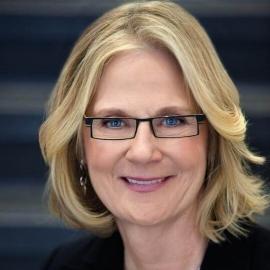
Stanford GSB
The course delivers valuable insight into how to be a more effective negotiator and secure more of what you want in life. Through lectures, vignettes, and hands-on exercises, participants will understand the components of negotiation and practice negotiation skills.
Margaret Neale's research and teaching has centered on bargaining, distributed work groups, team composition, learning, and performance. A senior faculty member at the Graduate School of Business and an expert in negotiation and team building skills, Neale is the author of more than 70 articles on these topics and is a coauthor of three books.
Key Topics
- Evaluate costs and benefits of different actions and how to manage the negotiating process
- Enhance the ability to understand and predict the behavior of individuals in competitive situations
- Improve the ability to develop a strategic plan to negotiate effectively
- Develop confidence in the negotiation process
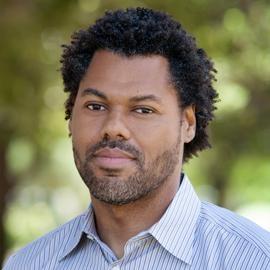
Stanford GSB
Organizational effectiveness is directly tied to the quality of teamwork that occurs within the organization. This course is designed to teach you the skills and frameworks for getting the most out of your teams. Participants will investigate some of the common pitfalls teams experience as well as strategies for avoiding and overcoming these problems in order to achieve team synergy.
Key Topics
- Information sharing in teams
- Virtual teams
- Sources of process loss in teams
- Creating a feedback-rich team culture
- Managing conflict and disagreement in teams
- Team roles and responsibilities
- Team structure and norms
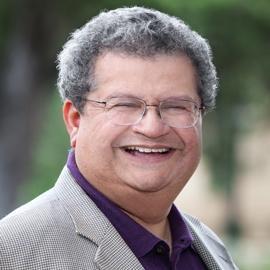
Stanford GSB
Many new initiatives fail and lead to a downward spiral of disinterest and distrust. Yet, by employing a thoughtful methodology to mobilize for change, you can avoid common pitfalls and navigate the challenges that often accompany change initiatives. This course provides an array of simple but powerful tools for managers to lead and implement change.
It employs a framework developed from four decades of social science research identifying five sub-processes for change: Persuading, Recruiting support, Energizing new behavior, Staffing a change team, and Sequencing change (PRESS). At the end, you will understand each of these processes and apply them to your own change initiative via a 100-day plan.
Key Topics
- Overcoming change blindness
- Acquiring tools to assess change readiness of different internal constituencies
- Persuading your organizational superiors, peers, and subordinates
- Recruiting support and overcoming resistance
- Energizing new behavior through information, incentives, and empowerment
- Staffing a change team
- Sequencing change
- Developing your 100-day change plan
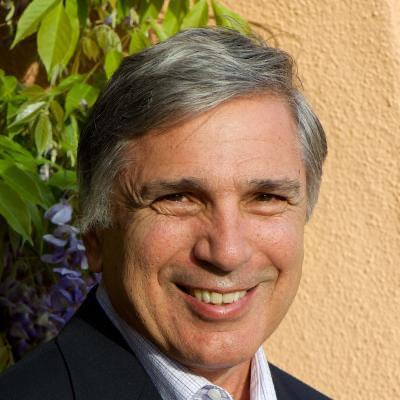
Jim Lianides
After starting his career as a bilingual teacher in Redwood City, Jim Lianides served in a variety of school district leadership roles. He recently retired from his role as Superintendent of Sequoia Union High School District after seven years of service.
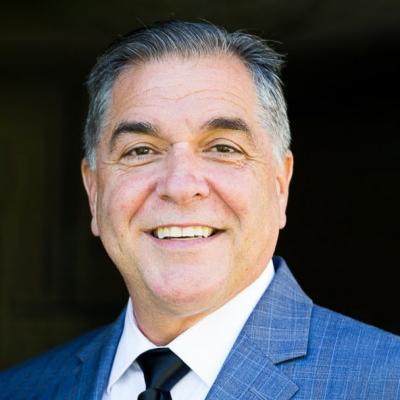
Maurice Ghysels
Maurice has diverse experience in K–12 and university education and corporate enterprises. He served as Superintendent in Mountain View and Menlo Park, Chief Innovation Officer for East Palo Alto schools, Chief of Schools for Santa Clara County, and VP of Executive Development for Citicorp.
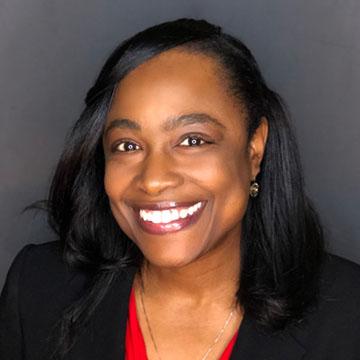
Shawnterra is entering her 21st year as an educator, having served the last five as a Superintendent at South San Francisco Unified School District.
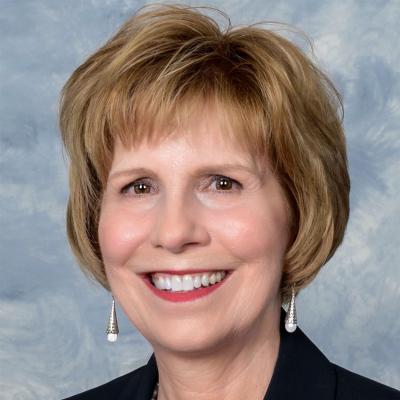
Terri Breeden
Terri is acting Chief Academic Officer at Columbus City Schools and previously served as Assistant Superintendent of Curriculum and Instruction at Shaker Heights City Schools.
Stanford EdLEADers Course Facilitators engage with cohort members and offer insights and feedback on course assignments.

